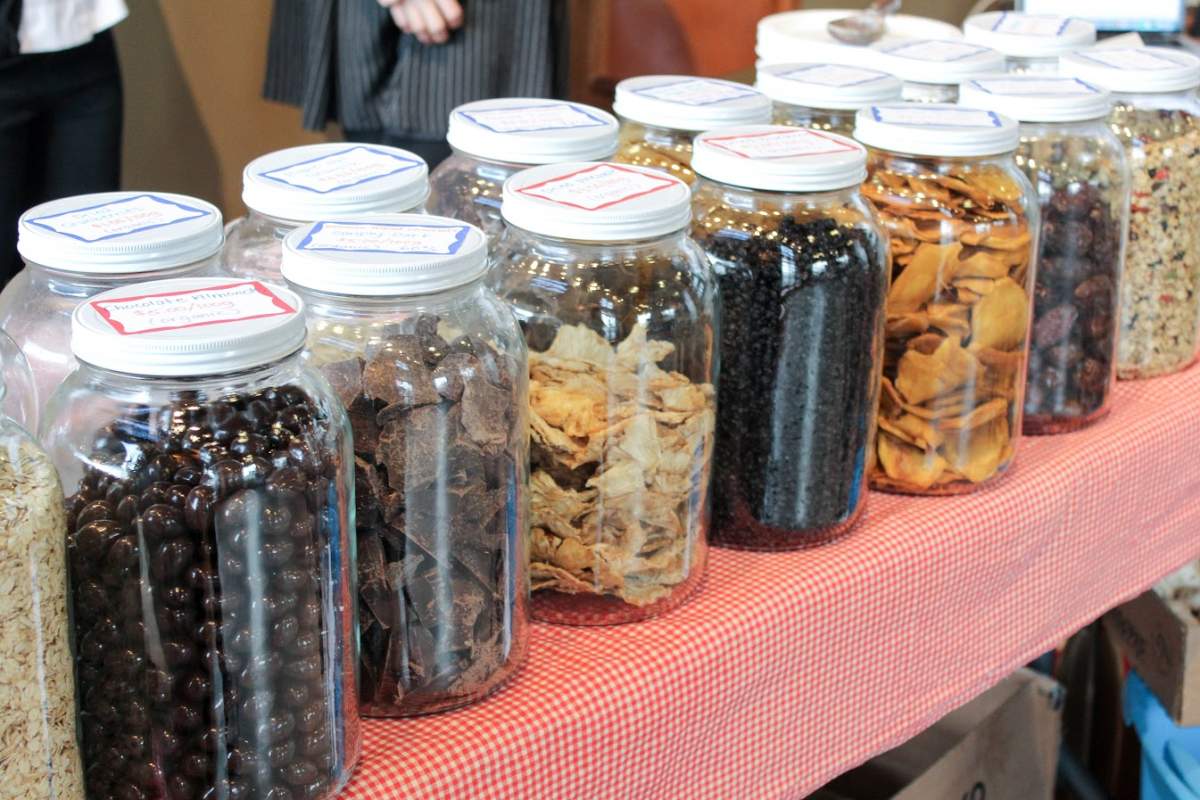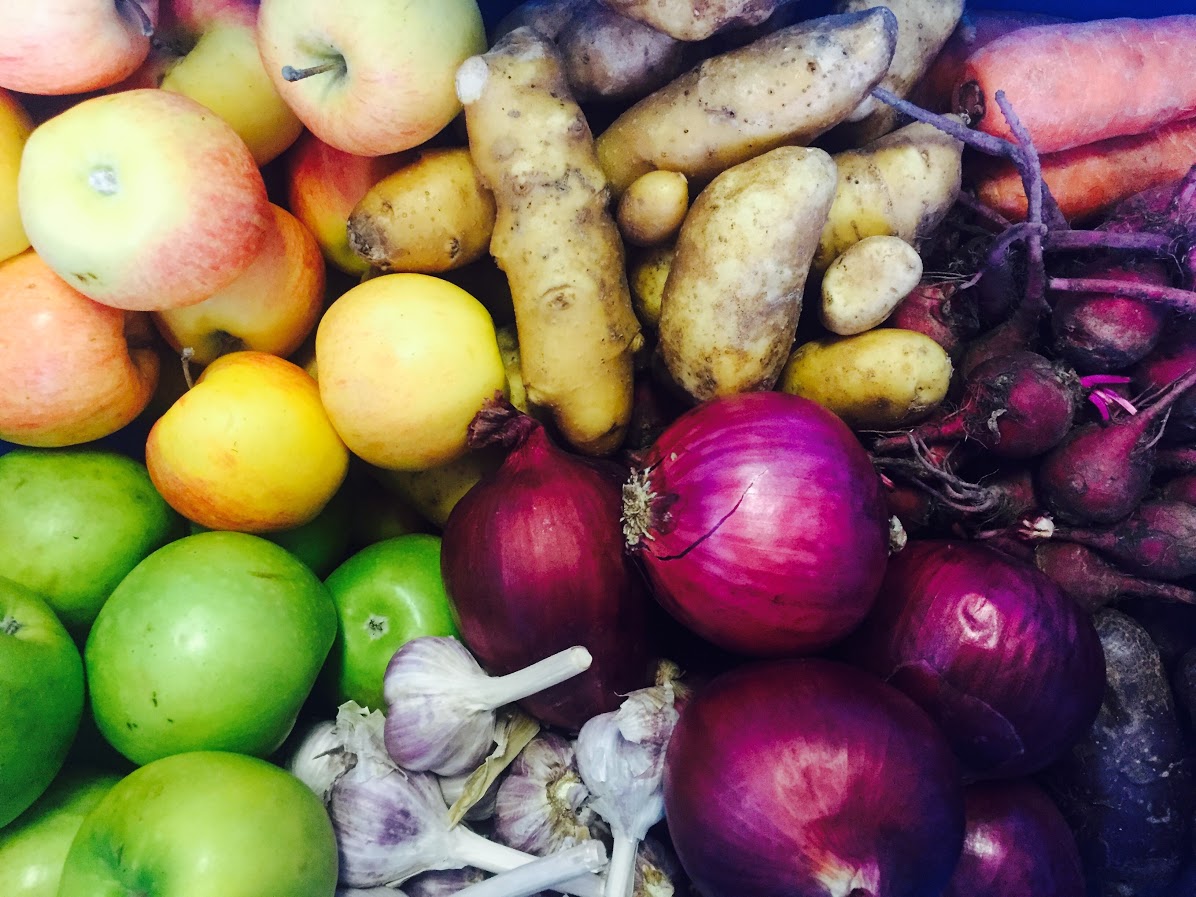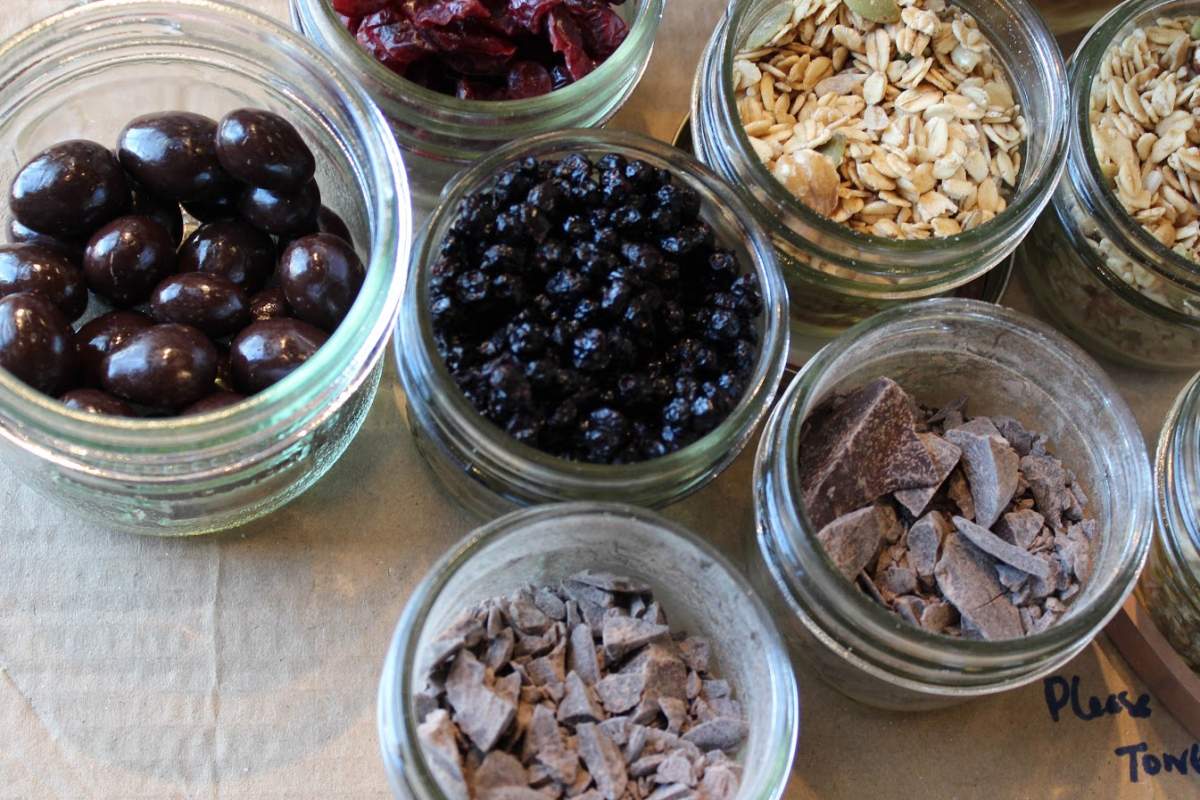As of April 1, Granville Island Public Market is restricting plastic single-use shopping bags. In a press release, management said it’s been working with staff, tenants, waste haulers and customers to reduce waste, diverting 60 per cent of its waste from landfill sites.

“Coffee cups, polystyrene food containers and PSU bags are the most common items that end up in the mixed waste (trash) stream. These actions have made a huge difference reducing the amount of mixed waste on Granville Island,” the market’s management wrote.
However, when it comes to eliminating these pesky catchalls, city-wide progress has been limited — even though Vancouver is vying to be the world’s greenest city by 2020.
Earlier this year, city staff were asked to consider restricting single use products like plastic bags and coffee cups. So far, no such ban is in place.
There has been more action in Montreal, where a plastic bag ban will take effect in 2018.

Get daily National news
Others in the city are taking the fight against waste one step further.
Brianne Miller is one of the founders of Zero Waste Market — soon to be Vancouver’s first package-free grocery store. Shoppers bring their own containers and bags to stock up on bulk dry goods, produce and cleaning supplies.
The market is Miller’s brainchild, an idea born from her experience as a marine biologist.
“We’re hoping to tackle the plastic pollution and food waste problems on a local scale to start,” Miller said.
Her hope is retailers across the country will start looking at ditching bags and going green soon.










Comments